A survey by the Women's Union ( Vietnam General Confederation of Labor ) showed that up to 65% of workers' children in industrial zones lack parental affection and family cohesion because their parents do not have time to be close to them.

A representative of the Ho Chi Minh City Labor Federation said there is a serious shortage of childcare facilities as well as kindergartens and preschools for workers' children - Photo: VU THUY
In addition, 41.9% of workers in industrial zones have difficulty educating children about knowledge and awareness; 59.6% of children have not had their needs for entertainment and recreation appropriate to their age met; 61% of workers have reduced concentration on work due to worrying about their children.
"These things affect the comprehensive development of children as well as the happiness of the families of workers in industrial parks and export processing zones," said Ms. Do Hong Van, head of the Women's Union, at a workshop to provide comments on the draft project "Supporting workers in industrial parks and export processing zones in child care and education" on November 21.
There are many "telling numbers" about the difficulties of workers and their children. 18% of workers regularly work overtime, 48.5% occasionally have to work overtime when there are orders, and the average overtime per week is from 5-12 hours.
Due to having to go to work regularly, 52.9% of surveyed workers said they had little time to be with their children, and 16.9% were tired after work.
The average time spent on childcare and parenting ranges from 1-4 hours/day depending on working hours. In many cases, children must be sent back to their hometowns and can only be cared for remotely via phone or other means.
Up to 40% of female migrant workers have children of nursery and kindergarten age and nearly 30% have children in primary school who have to send their children back to their hometowns for relatives to raise and care for. This is according to a 2023 survey by the Women's Union.
That difficult reality leads to desires that seem obvious but are not easy for workers.
Accordingly, up to 21.3% of workers in industrial parks surveyed want their children to live near their parents. Along with that is the desire to have enough income to live on (46.6%), to buy or rent social housing (23.5%).
Ms. Hong Van said that the Women's Union was assigned to develop the Project "Supporting workers in industrial parks and export processing zones in child care and education" based on the reality and the accompanying role of the trade union. The project is expected to be implemented in the period of 2025-2028 with the goal of effectively supporting workers in child care and education, thereby contributing to improving the quality of life as well as the quality of human resources.
According to the survey, the lack of childcare facilities as well as kindergartens and preschools for children of workers and laborers in industrial parks is still a difficult problem to solve, related to land planning for building schools and preschools in export processing zones and industrial parks.
Meanwhile, preschool education in industrial zones with many workers has been given priority for development as with preschool education in remote areas.
Source: https://tuoitre.vn/cong-nhan-mong-duoc-o-gan-con-duoc-o-nha-o-xa-hoi-20241121230734701.htm





![[Photo] Prime Minister Pham Minh Chinh chairs meeting of National Steering Committee on International Integration](https://vphoto.vietnam.vn/thumb/1200x675/vietnam/resource/IMAGE/2025/8/26/9d34a506f9fb42ac90a48179fc89abb3)
![[Photo] Many people eagerly await the preliminary review despite heavy rain](https://vphoto.vietnam.vn/thumb/1200x675/vietnam/resource/IMAGE/2025/8/27/4dc782c65c1244b196890448bafa9b69)

![[Photo] Brilliant red of the exhibition 95 years of the Party Flag lighting the way before the opening](https://vphoto.vietnam.vn/thumb/1200x675/vietnam/resource/IMAGE/2025/8/27/e19d957d17f649648ca14ce6cc4d8dd4)




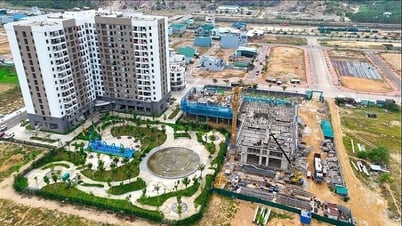






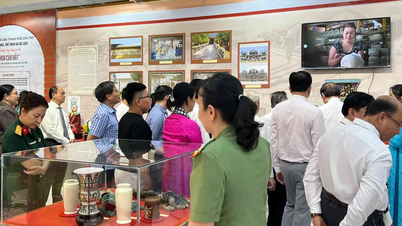






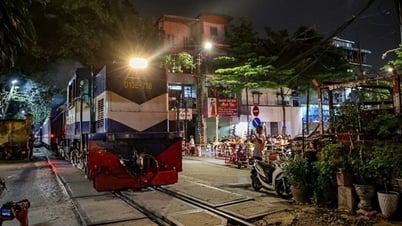












































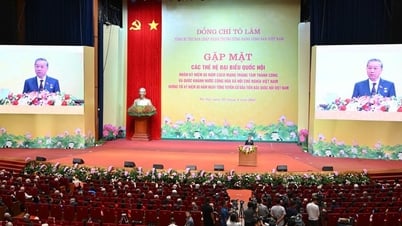








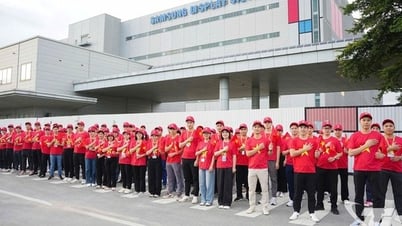


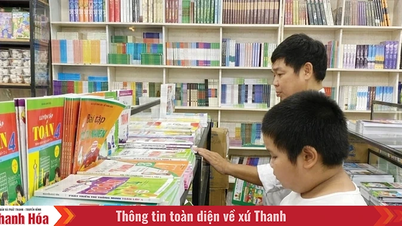




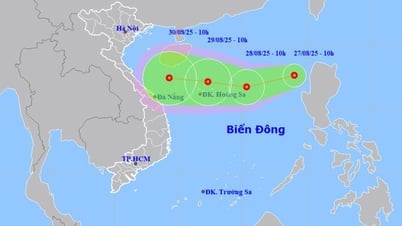












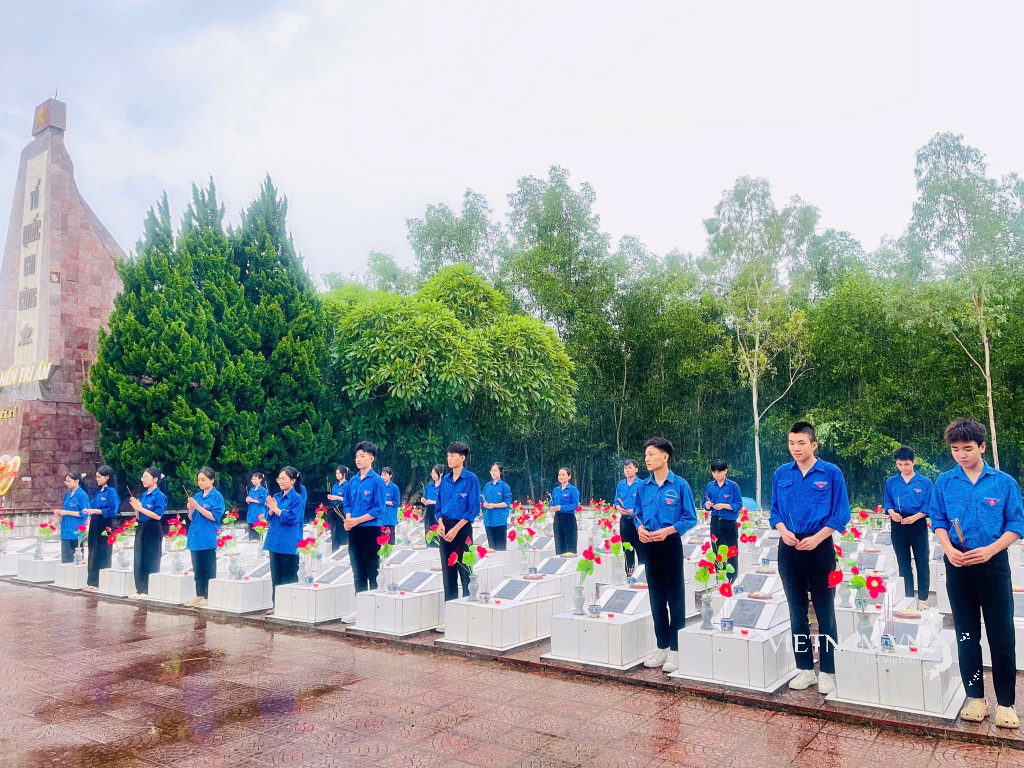



Comment (0)